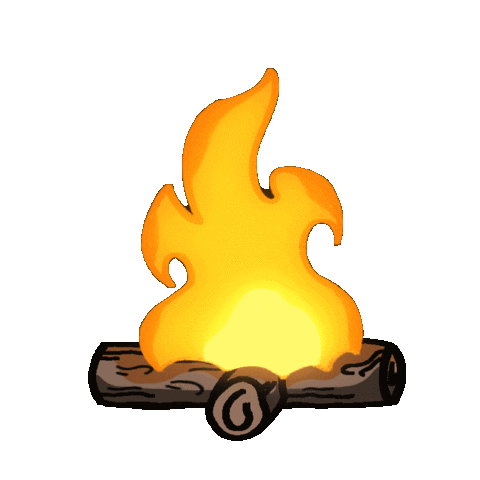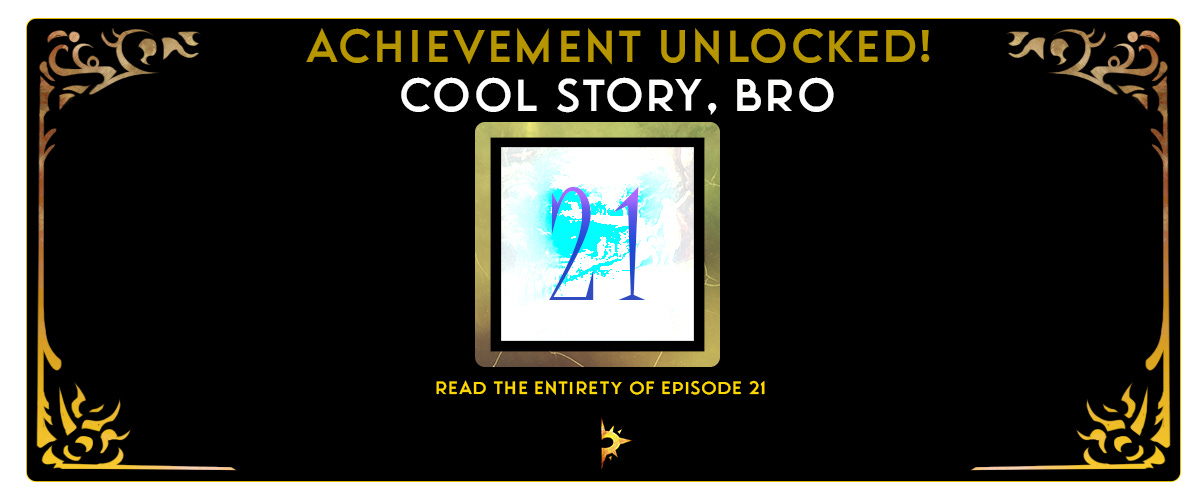What is Heaven?
Episode 21 - On the nature of Heaven in Myth and Modernity
Hello,
Hope you’re doing well. Welcome back to the campfire. If you’re new here, I recommend you check out the Archive. There may be something cool for you to find there.
You are free to stay and rest now, taking in the warmth of the fire. There’s nothing you need to do. Nothing you need to be.
Last episode I talked about Hell. Cheery topic, I know. But this is only one side of the coin, and so I thought it would be interesting to look at the other end of the spectrum. What is theologically termed ‘Heaven’.
What is Heaven?
Heaven, like Hell, is not a location, but a state of consciousness.

The etymology of the word comes from Old English ‘heofon’ to mean ‘sky’ or ‘firmament’. Later, the Christian cultural (and not-so-cultural) conquest of the West transformed this term into the dwelling-place of its Divinity. However, this idea (aside from being absurd when taken literally) is also not very true to its origins.
The Jewish faith that gave birth to Christianity, and even its main Scriptures, that you might know as the Bible, has no references to God being up there, in the sky. In Genesis, God spent his time hanging out in the Garden of Eden, which by definition is right here on Earth. Even later, after he kicked out Adam and Eve for being naughty, he spent his time speaking to people from burning bushes or mountaintops.
I think this idea, when combined with Hellenic thought (from ancient Greece) quietly and sneakily merged Yahweh with Zeus (who is a force of nature manifesting through thunder - and thunder is usually found in the sky as far as I know). I don’t think this happened on purpose but was a natural evolution that also reflected the state of consciousness of the time.
Keep in mind that Christianity spread and evolved throughout a vast population that could neither read nor write, and it also had to change across the centuries (think of the translation from Latin into common languages - it made it accessible but also literal, completely discarding a lot of the original meaning).

And so what we got nowadays is a hotpot of various fragments of beliefs, faiths and theologies. If you really wanna understand Christian thought, you gotta go to the source, where you’ll find some extremely complex but fascinating stuff (such as the Kabbalah) but that’s a topic for another time.
Still, despite this mess, you can find some good pointers if you care to look. Jesus himself seems to have had the right idea when he said: “The kingdom of God is within you” (Luke 17:21) - what did he mean? Somewhere in your biological organism? Under your muscles? Of course not.
Other Heavens
Though Jesus has some really cool stuff, you shouldn’t stop with him. ‘Heaven’ is an archetypal concept, which means that it’s universal across the world. And this should add weight to it.
Elysium - the Greeks saw this as a place of eternal spring for the heroes and those who were chosen by the gods. As I stated before, it’s actually a location within, though separate from, Hades. Hades as a location has both Elysium (the nice place) and Tartarus (the not-so-nice place).
Valhalla - the Norse saw this as a place where heroes who died in battle in a glorious enough way, hung out. It’s not about resting as much as it’s about drinking and fighting some more, but also hanging out with the gods, such as Odin. While to our culture this doesn’t seem very appealing, Valhalla is essentially a paradise for a culture that thrived on battle and conquest and represents an ideal of doing more of that.
[as a side-note, the videogame God of War: Ragnarök (2023) has re-interpreted this idea in a really awesome way, portraying Valhalla as a place of deep psychological exploration and inner work, where battles and challenges help one achieve self-mastery]

Pure Lands - in Buddhist cosmology there are many, many Heavens and they all do different things. The Pure Lands (plural) are celestial dimensions where souls travel to do more of the same stuff they do here on Earth, which is seeking Enlightenment. Except there they get to hang out with actual Buddhas (yes, there’s not only one) and presumably receive direct guidance. Kind of like a… meditation retreat but on steroids.
Jannah - in Islam this is also known as the ‘Gardens under which Rivers flow’, and these rivers are made of milk and honey and the faithful enjoy both the presence of Allah as well as other really nice perks, many of which are very sensual in nature. When you consider the origins and history of this religion, its Heaven is essentially directly opposite to the hardships the first followers of the Prophet had to endure, being hunted across a harsh desert.
Swarga Loka - in Hindu cosmology there are also many Heavens. Swarga is ruled by the God Indra, and if you end up here you get to enjoy pleasure, bliss, music and many other nice things. Interestingly however, this is by no means a final destination, as the ultimate goal is Moksha, a state which transcends all of them (similar to Buddhist Nirvana).
The Summerland - in Occult and Theosophical traditions, the Summerlands are, as the name implies, lush pastoral, countryside-like worlds where souls hang out before each incarnation. I’m assuming endless summer, but I hope that doesn’t mean that I can’t get a cosy winter cottage if that should strike my fancy.
And there’s MORE! Of course there’s more. But let’s stop here for now and ask the important question: what do all of these have in common?
All these Heavens affirm what all cultures believe is a happy, blissful existence. They are ALL, of course, Mythology. In the sense that they all reflect an ancient story deeply rooted at the foundations of a collective psyche.
The Secular Heaven
Now think on this carefully: you may be tempted to believe that our modern world has done away with such ‘silly’ notions. A secular, materialist culture insists there’s no ‘life after death’ or ‘Heaven’ of any kind. But this isn’t true either. Yes, a secular culture ignores the transcendent, and to its own detriment. But it is by no means safe from the influence of both Heaven and Hell.
Heaven, for us, is the eternal seeking of ever-more sophisticated sensory experiences. Ideally pleasurable and exciting. Heaven implies endless wealth, endless sex, endless perfect relationships with companions of such profound perfection, intelligence and beauty and endless freedom to travel the world, have lots of friends and continuously ‘do’ lots of exciting things.
While the payment for Heaven and Jannah are good deeds in life, closeness to God and respecting tradition and Scripture, our modern secular Heaven demands a different kind of payment: Hard Work.
You must Earn Heaven
You don’t get it for free and, likewise, notice a profound belief in our psyche that you get nothing for free in life. Modern Heaven doesn’t sit at the top of Jacob’s Ladder but at the top of your LinkedIn profile or this year’s revenue charts.
Similarly, you must Earn Valhalla - you don’t just go there by staying at home and dying in your sleep.
Our modern culture Worships Numbers. You see it everywhere you look. Numbers, percentages and the promise of increasingly higher revenue have taken the place of statues of Gods. Banks are now Temples. How else do you judge your worth?
With fame, success, power, influence and endless wealth you are given the idea that FINALLY you can be free of all evil: obscurity, poverty, weakness, illness, death.
How? By following the Scriptures: work hard, hustle, grind, discipline yourself, optimize, learn social media, take a marketing course.
There are many layers to this, and they’re all confusing and complex. While the modern world thrives and is built on the 9-to-5 work structure, at the same time it condemns it as hell (because it is, or is built to be). Remember when you got kicked out of the Garden? What are you gonna do? Earn your way back.
The idea that Divinity is ultimately the arbiter of your destiny is a myth that has been torn down, replaced instead by cold, objective, controllable numbers. But was number ever meant to be a God? Eh, it’s a cool question. I might explore it.
Okay, but now what?
This might all sound as if we’re just screwed. If modern Heaven is just Mythology, then what’s the hope? What am I supposed to do?
It is Mythology but it’s not just Mythology. The hustle myth reflects one of our greatest collective yearnings: to be safe, seen and in control.
You, I and likely everyone you know deeply hungers for this. This hunger can become twisted into spiralling shapes of madness and endless abstraction. But if you can find a way to give this to others around you, to invite a sense of peace or possibility, then you’d already be doing more than you ever thought possible.
To be free means to be aware. And freedom too has a price. And that price is Hell, so refer back to Episode 20. To see through the stories that make up the Veil (Maya) obscuring reality is not exactly a walk in the park. It requires the courage of the Warrior and the faith in something Beyond.
Blessings,
If you’d like to support what I do and get some really cool decorations for your wonderful home, check out my Shop! All artworks are made by me, framed and numbered, and they represent the sacred heights of beauty to which I aspire.
This particular print?






